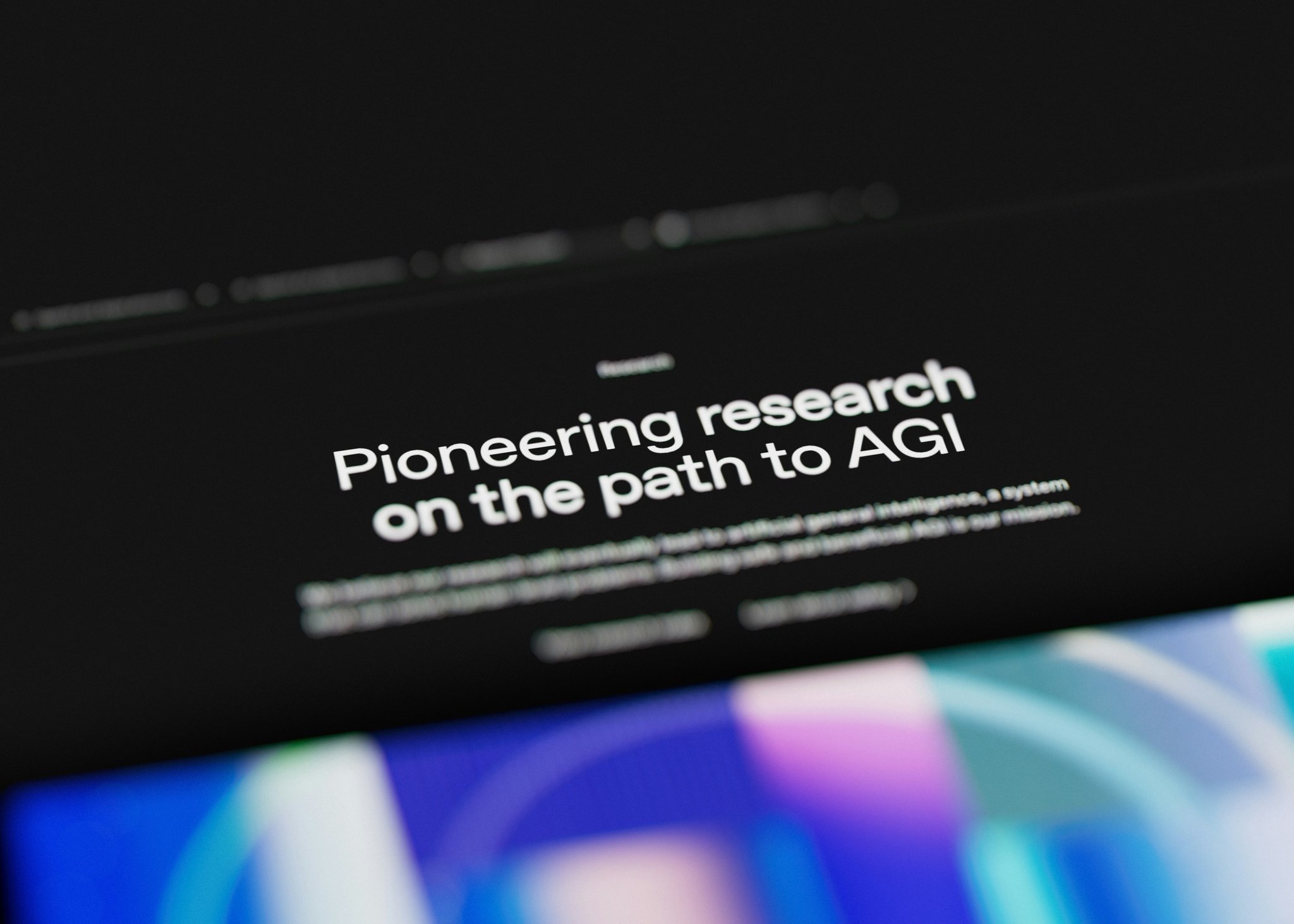Ever spent an entire weekend manually organizing citations for a paper, only to realize you missed one tiny detail and had to start over? Yeah, us too. It’s the academic equivalent of watching your coffee spill all over your laptop—painful, time-consuming, and utterly soul-crushing.
But here’s the good news: you don’t have to live like this anymore. Citation management tools are here to save your sanity. In this guide, we’ll explore why these tools are essential for researchers, how to pick the right one, and expert tips to maximize their potential. So grab your favorite mug of caffeine (because coffee *is* involved), and let’s dive into the world of citation management tools!
Table of Contents
- Why Do You Need a Citation Management Tool?
- How to Choose the Right Tool
- 7 Pro Tips for Using Citation Tools Effectively
- Real-Life Success Stories from Researchers
- Frequently Asked Questions About Citation Management Tools
Key Takeaways
- Citation management tools streamline research workflows by automating tedious tasks like formatting references.
- Popular options include Zotero, Mendeley, and EndNote—but the best choice depends on your specific needs.
- Avoid common mistakes like ignoring cloud sync features, which can lead to lost work and frustration.
- These tools not only improve productivity but also enhance well-being by reducing stress and mental clutter.
Why Do You Need a Citation Management Tool?

Imagine this: You’re juggling multiple projects, deadlines loom, and suddenly your professor emails you asking for a polished reference list in APA style. Panic sets in as you try to recall whether it’s “(Author, Year)” or “[Year] Author.” Spoiler alert—it’s a chaotic mess without help.
This is where citation management tools shine. These apps act as your virtual research assistant, effortlessly storing, organizing, and formatting citations so you can focus on what truly matters: advancing knowledge. Whether you’re writing a dissertation or crafting a blog post about “health & wellness apps,” these tools keep your references in check.
“Optimist You says:* ‘This will simplify everything.’ Grumpy You replies:* ‘Yeah, but will it magically write my thesis?’ Well…not quite. But close enough.”
How to Choose the Right Citation Management Tool

Not all citation management tools are created equal. Here’s how to find the perfect match:
- Evaluate Your Workflow: Are you working solo or collaborating with others? Some tools excel at team collaboration (looking at you, Mendeley).
- Check Compatibility: Ensure the tool integrates seamlessly with your word processor (Google Docs, Microsoft Word, etc.).
- Assess Storage Needs: Free versions often come with limited storage. If you’re drowning in PDFs, consider upgrading to a paid plan.
- Test Usability: Don’t commit until you’ve tested the interface. A clunky design could cost you hours.
I once made the rookie mistake of sticking with a free tool that couldn’t handle large libraries. The result? Lost files and tears. Learn from my fail: invest wisely upfront.
7 Pro Tips for Using Citation Tools Effectively

Ready to become a citation ninja? Follow these battle-tested strategies:
- Sync Across Devices: Cloud storage ensures your library stays up-to-date no matter where you are.
- Use Tags Strategically: Categorize entries with tags like “#HealthWellnessApps” to quickly filter relevant content.
- Automate Imports: Many tools allow browser extensions to pull metadata directly from journal websites.
- Backup Regularly: Nothing screams “research nightmare” louder than corrupted files.
- Collaborate Smartly: Share selective folders instead of dumping your entire library on teammates.
- Double-Check Outputs: Automated doesn’t mean flawless; always review generated bibliographies.
- *Terrible Tip Alert*: Trusting auto-formatting blindly. Always proofread, people.
Real-Life Success Stories from Researchers
Meet Dr. Alex Rivera, a public health researcher who swears by Zotero. “Before using Zotero, I felt like Sisyphus pushing a boulder uphill every time I needed to update citations. Now, I’ve reclaimed countless hours for actual analysis and writing.” Her secret sauce? Leveraging Zotero’s group libraries feature for seamless teamwork.
Similarly, grad student Sarah Liu credits Mendeley with saving her thesis. “When my laptop crashed mid-semester, I thought I’d lose months of progress. Thankfully, Mendeley’s cloud sync had my back.”
Sounds like your laptop fan during a 4K render—whirrrr—but trust me, it gets better when you adopt the right tool.
Frequently Asked Questions About Citation Management Tools
What’s the Best Free Citation Management Tool?
Zotero is a fan favorite due to its robust free version and open-source nature. However, if you need advanced collaboration features, Mendeley offers solid free options too.
Can I Switch Tools Mid-Project?
Yes, most tools provide import/export functionality. Just be prepared for some minor format adjustments after migration.
Do Citation Tools Work with Non-Academic Writing?
Absolutely! Bloggers, journalists, and even creative writers benefit from streamlined referencing systems. Imagine citing “health & wellness apps” accurately without breaking a sweat.
Conclusion
In conclusion, a reliable citation management tool isn’t just another app—it’s a lifesaver. From banishing disorganization to boosting your overall well-being, these tools deserve a spot in every researcher’s toolkit. By now, you should feel equipped to choose the right fit, master its features, and avoid rookie pitfalls.
Remember, your brainpower is best spent on groundbreaking ideas—not wrestling with footnotes. And hey, treat yourself to that extra cup of coffee. You’ve earned it.
Like a Tamagotchi, your SEO needs daily care.
Feed it keywords, water it with links,
Watch rankings grow like springtime blooms.


